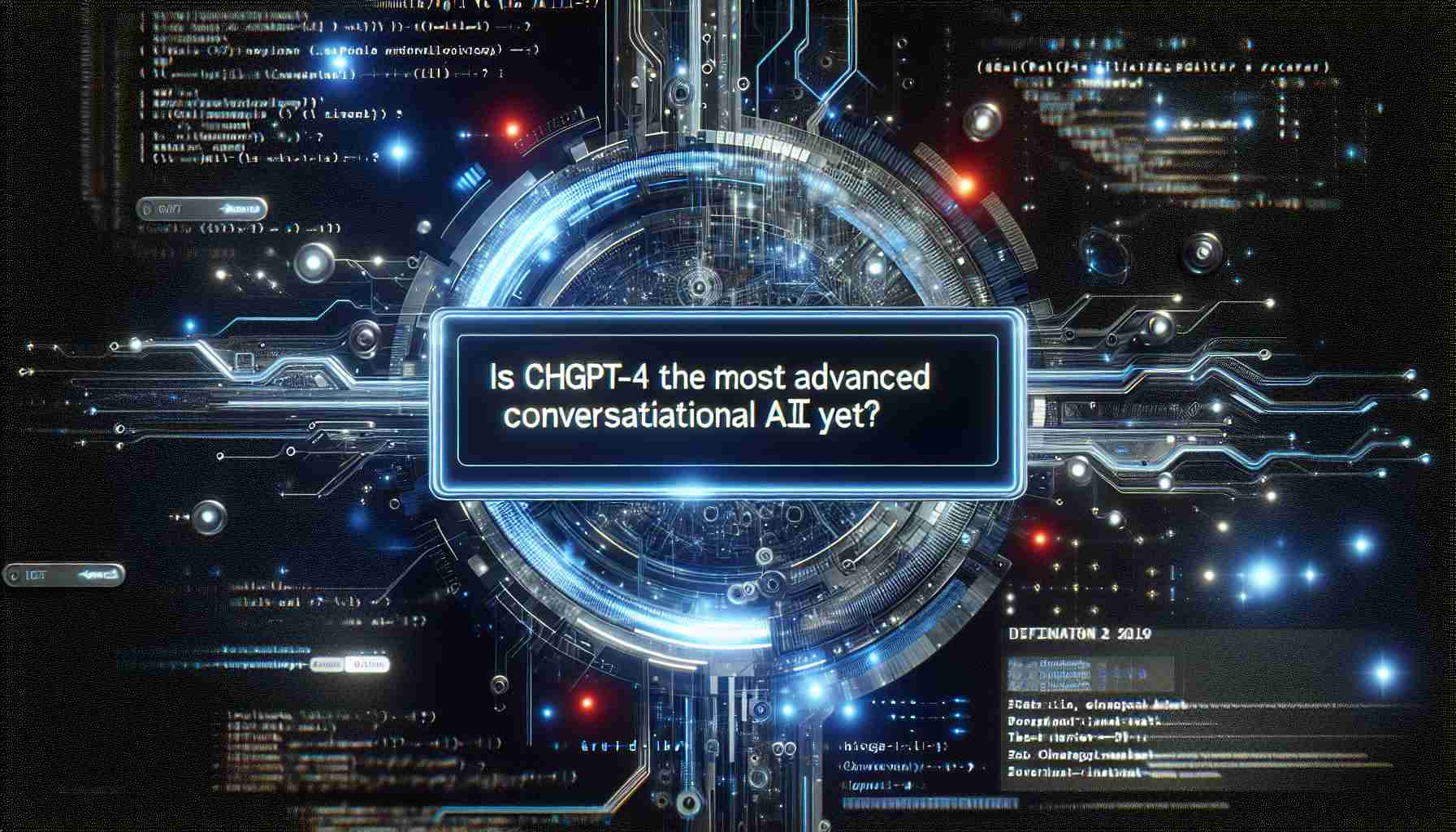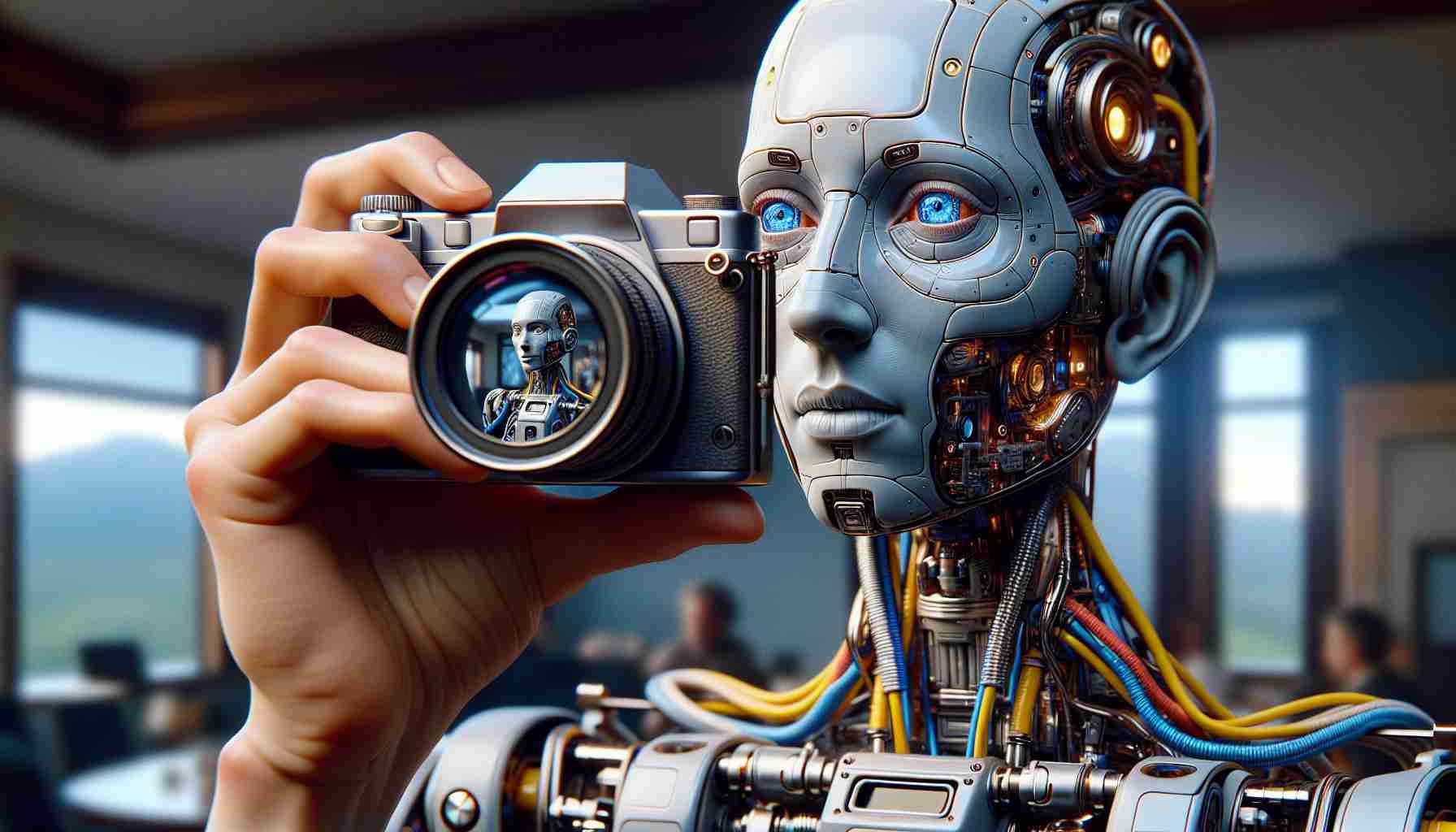ChatGPT-4, the latest iteration in OpenAI’s series of conversational agents, continues to push the boundaries of what artificial intelligence can achieve in understanding and generating human language. This AI model is not just an upgrade but a significant leap forward, showcasing enhancements that have practical implications across various domains.
One of the standout features of ChatGPT-4 is its improved language comprehension and generation abilities. It responds more accurately to complex queries, maintaining cohesion and context over extended interactions. This makes it particularly useful in applications that require sustained and coherent dialogues, such as customer service, tutoring, and mental health support.
Moreover, the model demonstrates enhanced multimodal capabilities, meaning it can process and generate content across different formats, such as text and images. While not perfect, these capabilities enable creative professionals to explore new frontiers in storytelling, content creation, and marketing, leveraging AI’s assistance in ways that were not previously possible.
ChatGPT-4 also offers stronger ethical guidelines and safety measures, developed through extensive testing and feedback. By incorporating these protocols, the model seeks to reduce biases and deliver responses that are more aligned with human values and ethics.
Despite its advancements, ChatGPT-4 remains a tool that complements human intelligence rather than replacing it. It excels in tasks that require data analysis, creative brainstorming, and tackling language barriers. However, human oversight is crucial to mitigate its limitations and maximize its potential in real-world applications.
Overall, ChatGPT-4 represents a significant stride in AI technology, opening new possibilities while continuing to emphasize the importance of ethical AI deployment.
Unlocking Hidden Potentials: How ChatGPT-4 is Transforming Daily Life
The launch of ChatGPT-4 has brought not only remarkable technical advancements but also profound implications for everyday lives worldwide. The model’s enhanced capabilities are revolutionizing various sectors, influencing how individuals, communities, and even nations approach communication and problem-solving.
One fascinating discovery is ChatGPT-4’s ability to bridge linguistic divides. Its refined language processing skills make it an invaluable tool for breaking down language barriers across cultures, facilitating smoother communication in international business, travel, and diplomacy. For example, its use in real-time translation apps can significantly aid travelers and expatriates, enabling them to navigate foreign environments with ease.
In education, ChatGPT-4 is empowering students and educators alike. It acts as a dependable virtual tutor, offering personalized learning assistance that addresses unique student needs. This democratization of education can lead to more equitable access to knowledge, particularly in regions with limited educational resources.
However, controversies remain around privacy and data security. With increasing reliance on AI for personal and professional interactions, concerns about data misuse arise. Questions around data handling protocols are vital as communities weigh the benefits against potential risks.
Can AI ever truly understand human emotions? ChatGPT-4’s nascent emotional intelligence pushes this boundary, sparking debates on AI’s role in sensitive domains like therapy and counseling.
For further insight into the fascinating world of AI technology, OpenAI’s main domain is a worthwhile resource: OpenAI.
As we delve deeper into AI’s capabilities, understanding both its benefits and challenges becomes crucial to harnessing its potential responsibly.






















